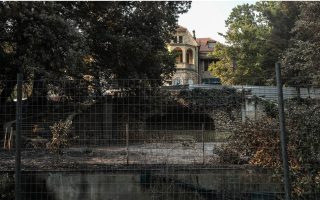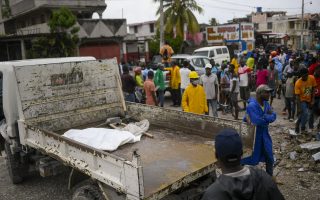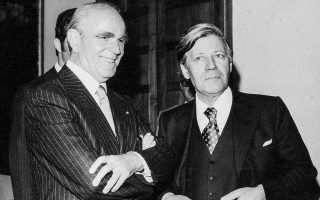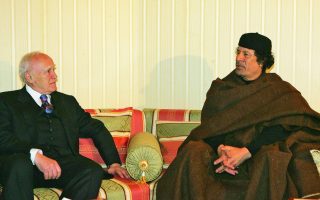Afghanistan 1960
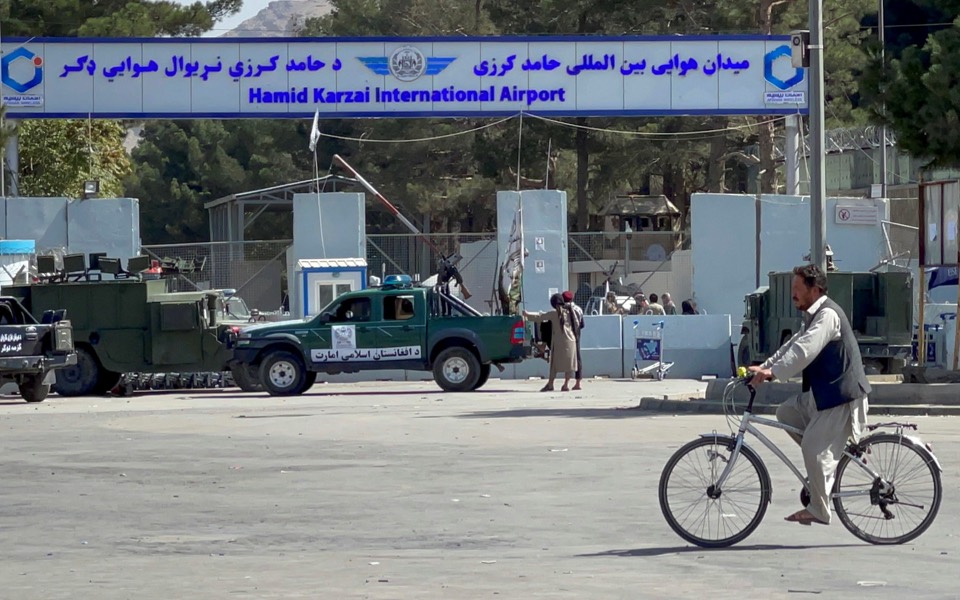
We left Mashhad late in the evening and reached the border as night set in. Inside the mud house that served as a checkpoint lay a gleaming cherry red bokhara rug. Communication was sluggish, mostly with hand gestures, as there was no common language all of us could understand. By the time the soldiers had raised the barrier for us to cross, it was pitch-dark. We set off to Herat but a few kilometers later the road vanished. We stopped the Land Rover and laid our blankets on the ground. We were exhausted and fell asleep immediately, on empty stomachs.
I was woken up by a noise. I opened my eyes and in the pale morning light saw a horseman coming down a bare slope, a rifle slung over his shoulder. He had a beard and long hair. He came near us, got off his horse and gave us a long stare while we were still lying just half-awake on the ground. At some point he pulled a knife from his belt and crossed into the field next to us. He picked a melon, sliced it and handed it out to us. It was a sweet and cool welcome to Afghanistan. We still had not exchanged a single word with the man. He climbed back on his horse and went on his way.
We slept next to the arches of a bridge over the Hari Rud. We skinny-dipped in the cold water and a few hours later arrived in Herat. Traffic, people, horses, camels, donkeys, goats, trucks painted with flowers, street markets, mouthwatering aromas. Snippets of the Middle Ages, turbans, thawbs, burqas. A step back in time.
We wandered around Afghanistan for several weeks, tracing the footsteps of Alexander the Great, who conquered the country after ferocious battles. The Greek kingdoms he left behind survived until the time of Christ. Little remained from that era and we enjoyed access to even less than that. We made no meaningful archaeological discoveries, but we sure had a great time.
With the resilient ancient Macedonians as our company, we shared the same routes, landscapes, gorges, deserts and ravines. Little had changed, the roads were perhaps in a better condition back then.
The experience has stayed with me ever since. The terrain was rough, the men were always armed but we never felt at risk – except in the presence of the nomads’ sheepdogs. We entered the mosques, we felt free to take photos and record audio. There was order and security. Visitors were treated with curiosity rather than enmity. Unlike in Iran, we never got that sense of religious fanaticism. How could things have changed so much since then? Sure, a lot can change in 60 years, and they did. I was lucky to have been there during a short period of peace, in a land where catastrophe, slaughter, civil strife and outside meddling are the rule and not the exception. Afghanistan’s geography and the 14 tribes that live within its borders are a recipe for instability. It doesn’t take much for a squabble to start – it’s like a national pastime. History though also teaches us something else. When foreign powers set foot in their land, the Afghans will always overcome their differences, if temporarily, to hit back with anger. To cite English writer Rudyard Kipling:
When you’re wounded and left on Afghanistan’s plains, / And the women come out to cut up what remains, / Jest roll to your rifle and blow out your brains / An’ go to your Gawd like a soldier.
